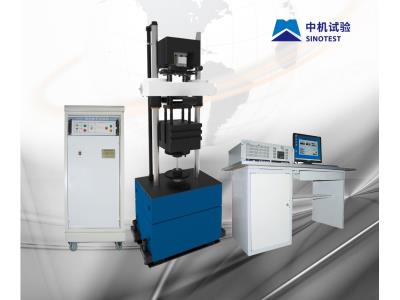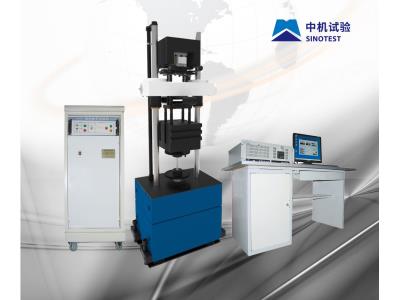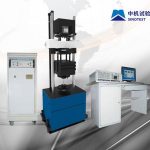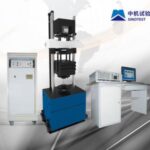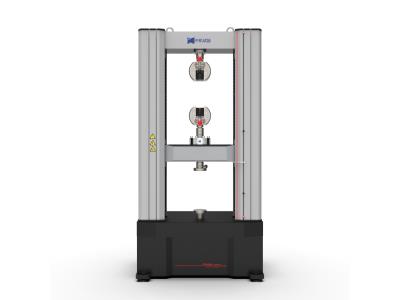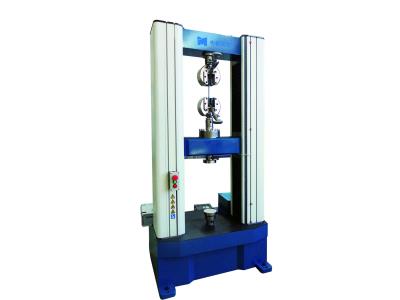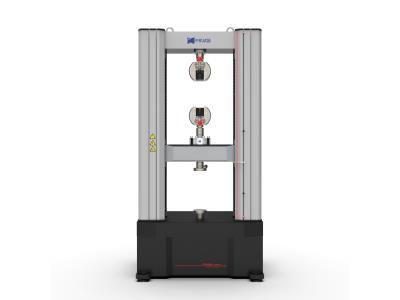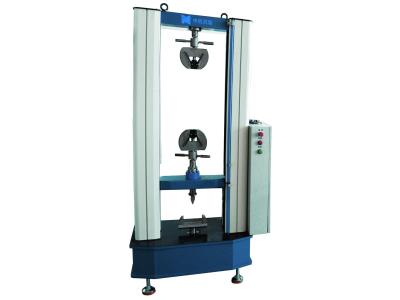Description
The GPS Series High Frequency Fatigue Testing Machines are advanced electromagnetism resonance testing systems designed to evaluate the fatigue properties of metal materials and components under various loading conditions, including tension, compression, and alternating loads. Equipped with relevant accessories, these machines can perform a range of tests, including three-position and four-position bending tests, as well as tension and compression tests on both sheet and circular samples, bolts, connecting rods, roller chains, and crackle expanding tests.
Engineered with an optimized design, the Series machines feature a rational structure that incorporates a fully digitalized, automatically pulse width modulation controlled system along with new power amplifiers, significantly enhancing the reliability of the electrical system. These machines offer high efficiency, ease of operation, prolonged shaking duration, low energy consumption, high controlling accuracy, and minimal fluctuation.
Additionally, the accompanying computer software allows for the storage of test data, printing of test reports and curves, and data processing for S-N, frequency-time, and load-time curves. This software is compatible with Windows XP, making it user-friendly for data analysis and reporting.
Note: Fatigue refers to the process through which materials undergo perpetual accumulated damage due to cyclic stress, leading to potential cracking or rupture.
Specifications
| Feature | Details |
|---|---|
| Testing Method | Electromagnetism resonance |
| Load Types | Tension, Compression, Alternate Load |
| Test Capabilities | Three-position bending, Four-position bending, Tension and compression tests |
| Software Compatibility | Windows XP |
| Key Advantages | High efficiency, Low energy consumption, High accuracy |
Additional Information
The GPS Series machines are designed to provide reliable and precise fatigue testing, making them essential for quality control in manufacturing and research environments. Ensure proper calibration and maintenance for optimal performance.
